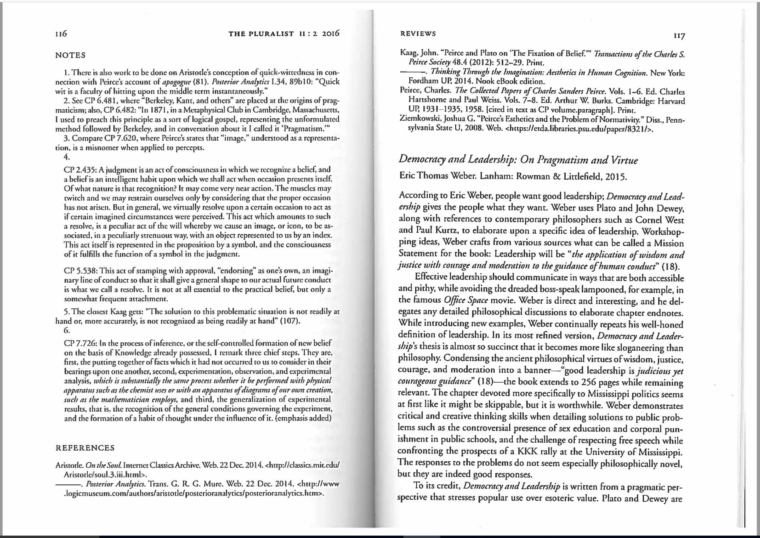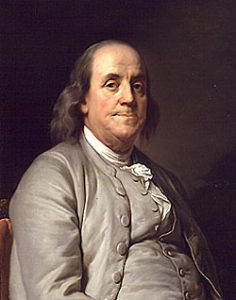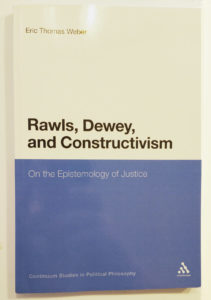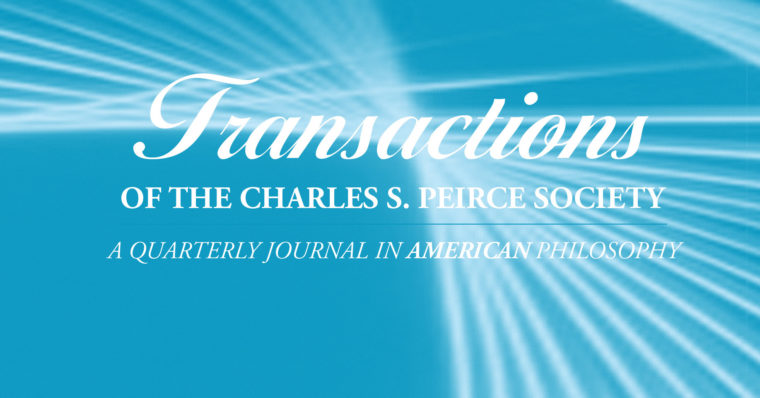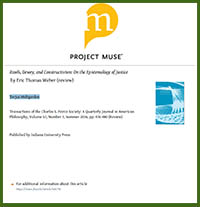Good morning, friends in Civics. Over the past few years, teachers here in Florida and elsewhere in the United States have made heavy use of the Escambia Civics Review Site. We do believe that the partnership with Escambia County and the willingness of that district to host and share resources for teaching and learning has been beneficial for everyone. Over time, however, requests have been made and ideas contemplated about improvements that could be made to make that site even better. These requests and ideas include more student friendly videos, more helpful assessment tools, and resources for ESOL students and struggling readers. With that in mind, the Florida Joint Center for Citizenship, in partnership with Escambia County Schools, is excited to announce the launching of a new Civics review site that will, later this summer, replace the currect Escambia Civics Review Site: Civics360. Civics360 is free to all registered users, much like our current Florida Citizen website. This site is now live and available for your use.

So what are the new features you will find in Civics360? Take a look at the orientation video below, which walks you through the registration process, and read the rest of the post to learn about what we hope will be a useful resource for you and your students.
- Multiple Student Friendly Readings for each assessed benchmark, available in English, Spanish, and Haitian Creole

- English language reading guides for each Student Friendly Reading, developed with all levels of readers in mind

- Vocabulary Practice Worksheets that use Concept Circles to assist students with understanding key words from the benchmark

- A Quizlet tool for vocabulary practice and remediation

- Continually adding more new narrated student-oriented videos for each benchmark; please note that not every module currently has videos.

- Video Viewing Guides for each new video to facilitate engagement

- Online quiz practice within each module that reflect best practice in learning and assessment tools that facilitate engagement and retention. We have added clearer explanations and suggestions for reflection for every distractor in each question.

- Additional civic resources to facilitate learning and review

- Organized into 9 Civics Focus Areas that reflect district pacing guides

The new site also includes a 60 question practice assessment that reflects the actual EOC in structure and format. We also in the process of developing a version of that practice assessment that breaks the test into the 4 Reporting Categories so that teachers, and students, can use the assessment and their time more effectively.

Be sure to check out the overview video, and if you have questions, comments, problems, or suggestions about Civics360 or the FJCC, please feel free to email me


